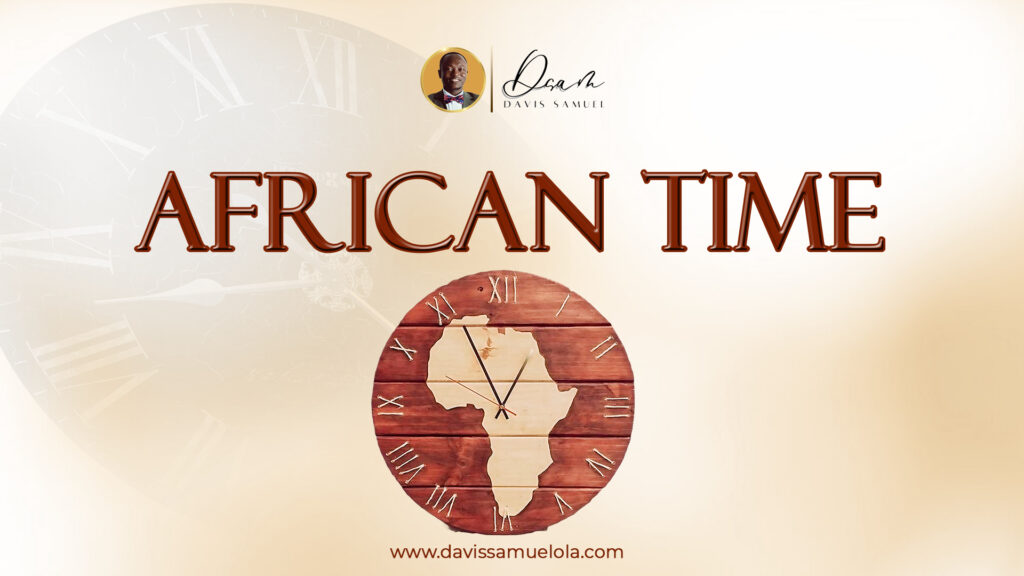The story of Ananias and Sapphira is one that often strikes fear in anyone who hears it. Let’s recap: in the early church, believers were selling their properties and bringing the proceeds to the apostles to support the community. Ananias and Sapphira, a couple in the church, decided to sell their land and contribute as well.
So far, so good. But here’s the twist: while they brought a portion of the proceeds, which in itself was a generous act, they lied, claiming it was the entire amount. The issue wasn’t that they gave only part—it was their deceit that angered the Holy Spirit. But why? What were they trying to prove? Were they seeking admiration from others, hoping to appear more righteous or selfless than they truly were? Their lie stripped their act of any virtue, costing them both their lives.
This teaches us a vital truth: sometimes, the good we intend is overshadowed—or even ruined—when we pursue it in the wrong way.
But beyond the moral of honesty, let’s turn our attention to another aspect of the story—one that is often overlooked. Sapphira’s untimely death could have been avoided if she had been punctual. After Ananias told the premeditated lie, he was struck dead. Sapphira arrived later, unaware of what had transpired. Had she arrived earlier, she might have seen her husband’s fate or overheard what had happened, giving her an opportunity to choose a different path. Her lateness turned her into ‘the late’.
This is a strong reminder that punctuality is more than a matter of courtesy—it can be a matter of life and death. While it might not literally cost you your life today, how many opportunities have you missed because of lateness? Jobs, meetings, friendships, or important decisions could hinge on your ability to be timely.
Some dismiss punctuality as a trivial concern or even treat it as cultural. Consider the concept of “African Time,” where people intentionally arrive late because they assume events will start late. This mindset is flawed. Time is a finite resource, equally given to all. Once it’s lost, it cannot be recovered. Just as we value money, we must value time—not just our own, but that of others.
Imagine how much more efficient and respectful our interactions would be if everyone valued punctuality. If you can make it a priority to catch a flight on time, why not extend the same discipline to other areas of your life, whether attending a meeting, hosting an event, or meeting a friend?
1 Chronicles 12:32 (NKJV):
“of the sons of Issachar who had understanding of the times… and all their brethren were at their command.” (emphasis mine)
Punctuality reflects discipline, respect, and responsibility. Let’s strive to cultivate a culture that values time, not as an afterthought but as a fundamental principle. The story of Ananias and Sapphira reminds us of the importance of integrity, but Sapphira’s untimely arrival teaches us this: being on time isn’t just polite—it can be lifesaving.






4 thoughts on “AFRICAN TIME”
Punctuality is more than a matter of courtesy—it can be a matter of life and death. This line hit hard.
Pursuing good the wrong way often defeats the virtue in the good. This strikes so many cords. Thanks for sharing.
Time is a finite resource time is lost it can’t be recovered.
Punctuality is more than a matter of courtesy- it can be a matter of life and death.
“Punctuality reflects discipline, respect, and responsibility”
“Just as we value money, we must value time—not just our own, but that of others.”
These parts resonates with me strongly.
Your perspective and view of life is always inspiring. Thank you for sharing with us here.